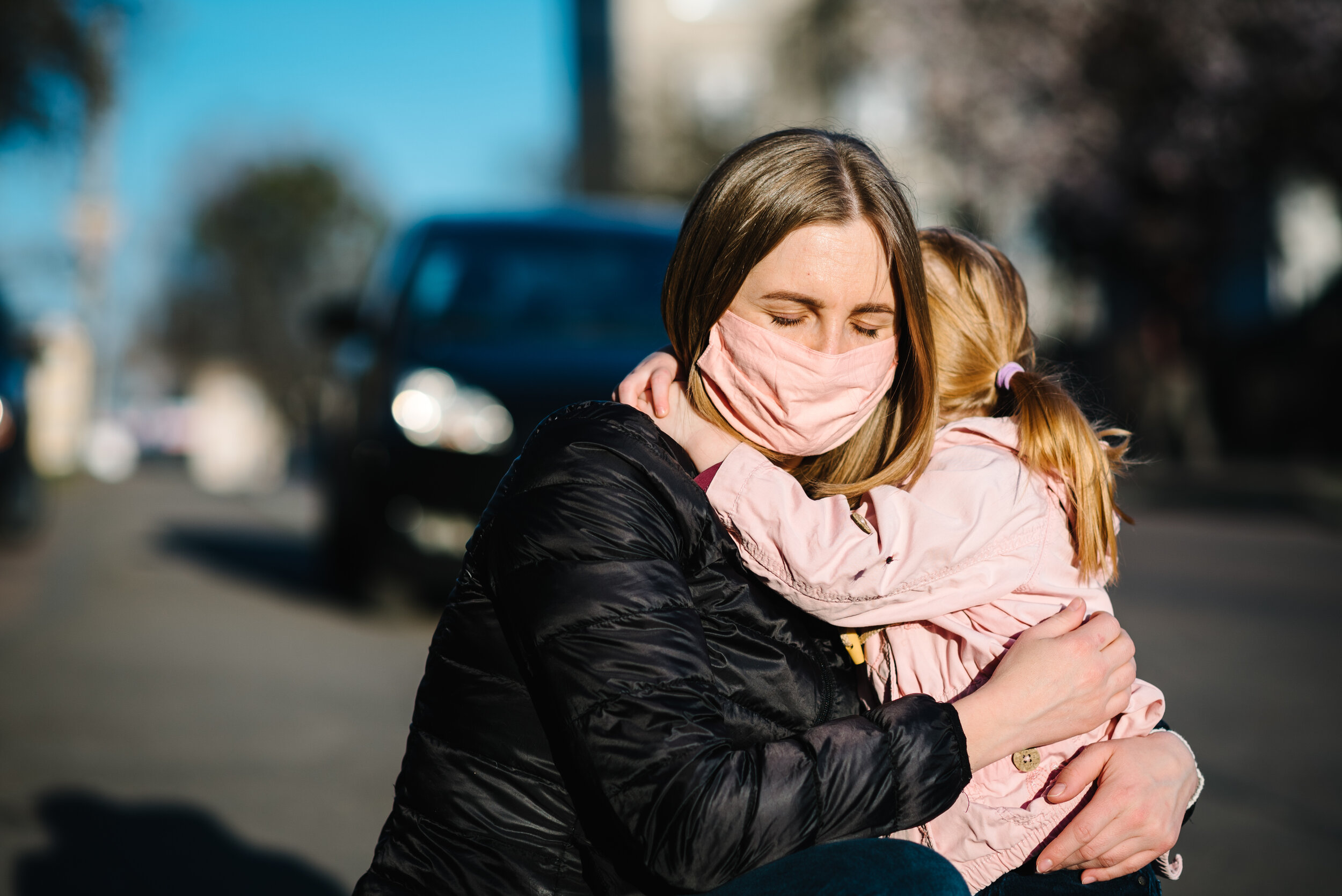Those living with children saw largest increase in loneliness
Women’s Health Interactive released the results of an independent and anonymous online survey of 1,043 respondents conducted to explore the ways that social distancing and shelter-in-place orders during COVID-19 affected feelings of loneliness.
The ‘Women’s Health Interactive COVID-19 Loneliness Survey’ results provide insight into loneliness before the pandemic and how the depth and scope of loneliness changed during the pandemic.
Survey Highlights:
-
Loneliness nearly tripled (+181%): 20.7% of all respondents reported struggling with feelings of loneliness before social distancing and shelter-in-place orders; 58.1% reported feeling somewhat or much lonelier during
-
Women’s loneliness higher, increased more than men: 18.4% of women reported struggling with feelings of loneliness prior; 60.6% (+228%) reported feeling somewhat or much lonelier during. 22.4% of men reported struggling with feelings of loneliness prior; 55% (+146%) reported feeling somewhat or much lonelier during
-
Millennials loneliest overall, Boomers least; But, Boomers/Gen X saw biggest increase in loneliness: 15.7% of Baby Boomers, 16.6% of Generation X, and 24.3% of Millennials reported struggling with feelings of loneliness prior; 50.8% (+224%) of Baby Boomers, 53.6% (+222%) of Generation X, and 61.8% (+154%) of Millennials reported feeling somewhat or much lonelier during
-
Loneliness increased the most for those who live with children; those who live alone remained the loneliest overall: 16.7% of people who live with children reported struggling with feelings of loneliness prior; 55% (+229%) reported feeling somewhat or much lonelier during. 28.9% of people who live alone (19.3% who live with others, no children) reported struggling with feelings of loneliness prior; 67.7% (+134%) of people who live alone (54.7% (+183%) who live with others, no children) reported feeling somewhat or much lonelier during
-
Remote contact easing Baby Boomers’ loneliness more than other generations: 47% of Baby Boomers reported that remote contact (Zoom, FaceTime, etc.) helped alleviate loneliness during, compared to 37.8% of Generation X and 42.5% of Millennial respondents. 10.8% of Baby Boomers, 14.9% of Generation X and 21.1% of Millennials reported that remote contact made feelings of loneliness WORSE
-
Top activities people report missing out on the most (respondents chose up to 3): Being with friends and family (59.5%); Dining out (47.2%); Traveling or going on vacation (26.6%); Going to work (26.4%); Going to entertainment venues (24.4%); Working out at a gym or fitness class (23.9%); Attending church (15.3%); Social hobby (12.6%)
About the Women’s Health Interactive COVID-19 Loneliness Survey:
To examine the specific ways that shelter-in-place and social distancing during COVID-19 affected people’s loneliness and to what extent, Women’s Health Interactive independently, anonymously, and informally surveyed 1,043 people online about their personal experiences between April 22, 2020, and May 14th, 2020. Complete survey statistics available upon request.
About Women’s Health Interactive:
Women’s Health Interactive is an online publisher primarily focused on women’s health and well being as it pertains to relationships, sexuality and mental health. Women’s Health Interactive seeks to empower women by providing a safe place to talk about the sometimes-uncomfortable side of life. Our content is medically reviewed for accuracy and written through an approach that blends fun, humor, and complete honesty.

